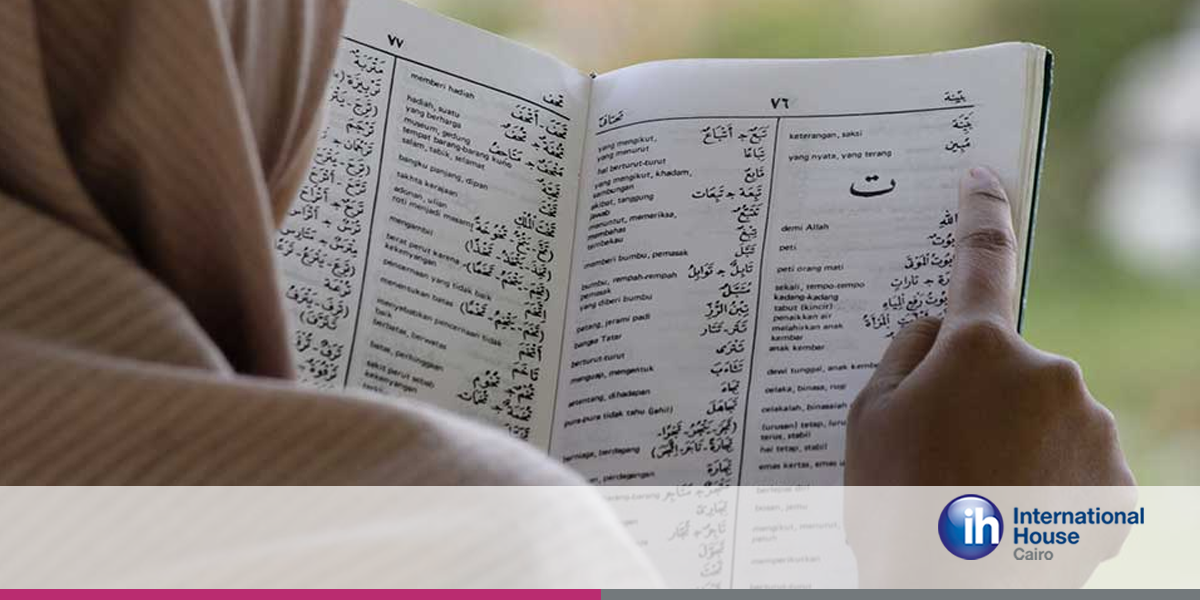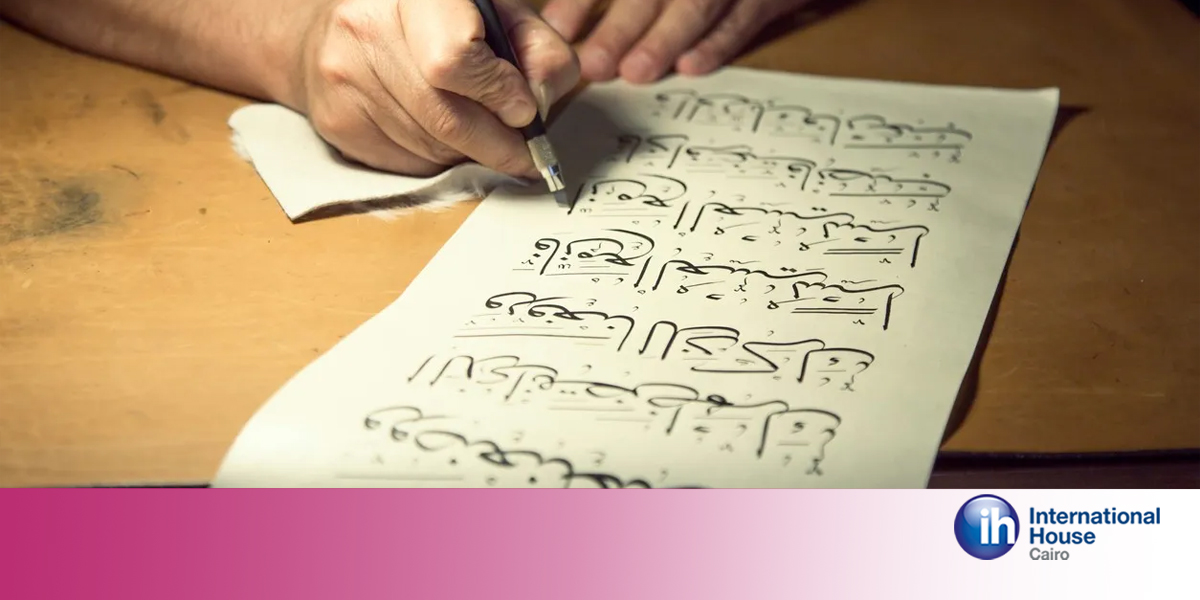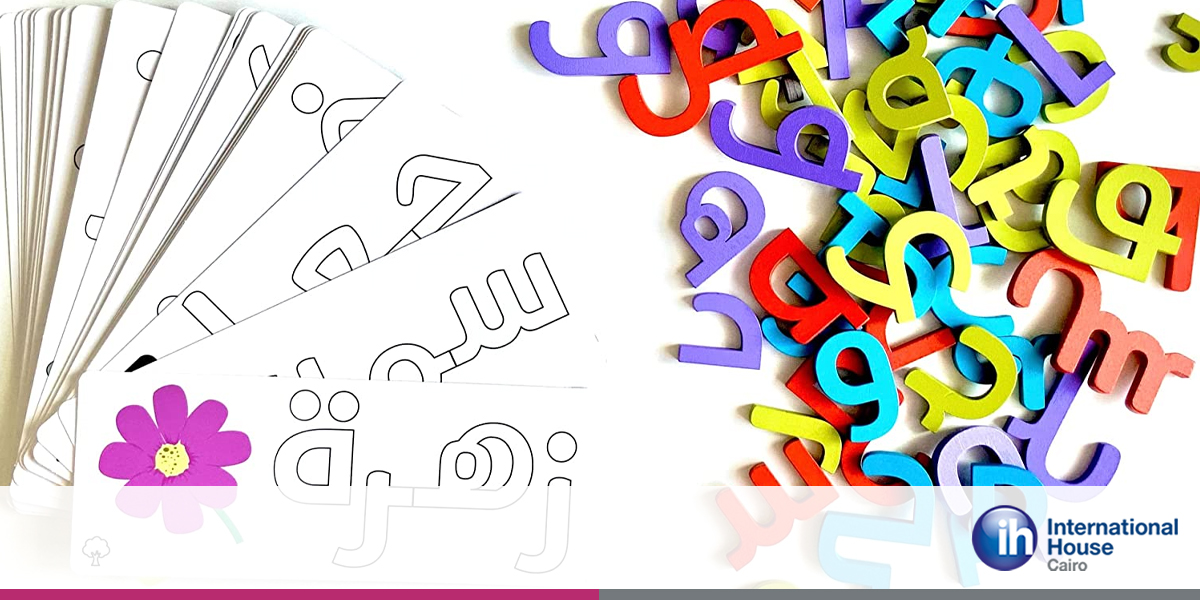Arabic is one of the world’s most distinct languages. It is an ancient language that dates back to at least 500 BC, making it one of the oldest Semitic languages still in use today. However, you can think of it as a separate language, distinct from both its Semitic relatives and other languages spoken in the Middle East.
Arabic is also considered one of the most influential languages on other modern tongues due to its influence on Spanish, Portuguese, and French, as well as some African dialects.
If you aren’t an Arabic speaker and are just starting out with learning a foreign language, here are 7 reasons why Arabic might be the perfect option for you:
7 Reasons Arabic Is an Easy Language to Learn
1. It Is a Phonetic Language
If you’re an English speaker, learning Arabic can seem like a challenging language because of the new sounds you need to make, but surprisingly, Arabic is not a tonal language. Rather, it’s a phonetic language. This makes it much easier for non-native speakers to read and pronounce words correctly in this language compared to other languages, where there can be huge discrepancies between spelling and pronunciation.
Unlike European languages, Arabic is also incredibly logical and easy to pick up. In Arabic, almost every verb follows the same pattern when conjugated, regardless of its root form, making them much easier for non-native speakers to understand and remember over time without having to look up rules constantly in textbooks!
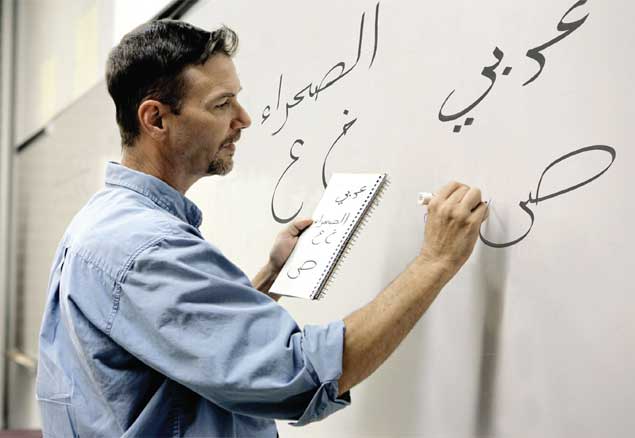
2. It Has a Plethora of Learning Resources.
In recent years, the abundance of resources available for learning Arabic has grown significantly, making it easier than ever for students to learn it. This is in stark contrast to the resources available for learning the Mandarin language, for example, which is regarded as the hardest language worldwide.
You can learn Arabic through a variety of online courses and tutorials available, as well as books, magazines, and other printed materials. Additionally, there are many applications dedicated to teaching Arabic and other languages, such as Duolingo and Memrise. These websites offer interactive lessons and exercises to help students learn the language. nevertheless, you can always use social media platforms like Twitter, Instagram, and Facebook to chat and learn from Arabic speakers.
3. Arabic is a versatile language
Arabic is also incredibly versatile when it comes down to communication styles within different regions throughout the Middle East and North Africa region where this language originates, allowing users access not only to formal settings but informal ones as well (such as slang terms). This means once someone has mastered the standard written and spoken forms, they’ll easily be able to transition into more regional Arabic dialects if desired, giving them greater flexibility when interacting within these Arabic-speaking communities over time!
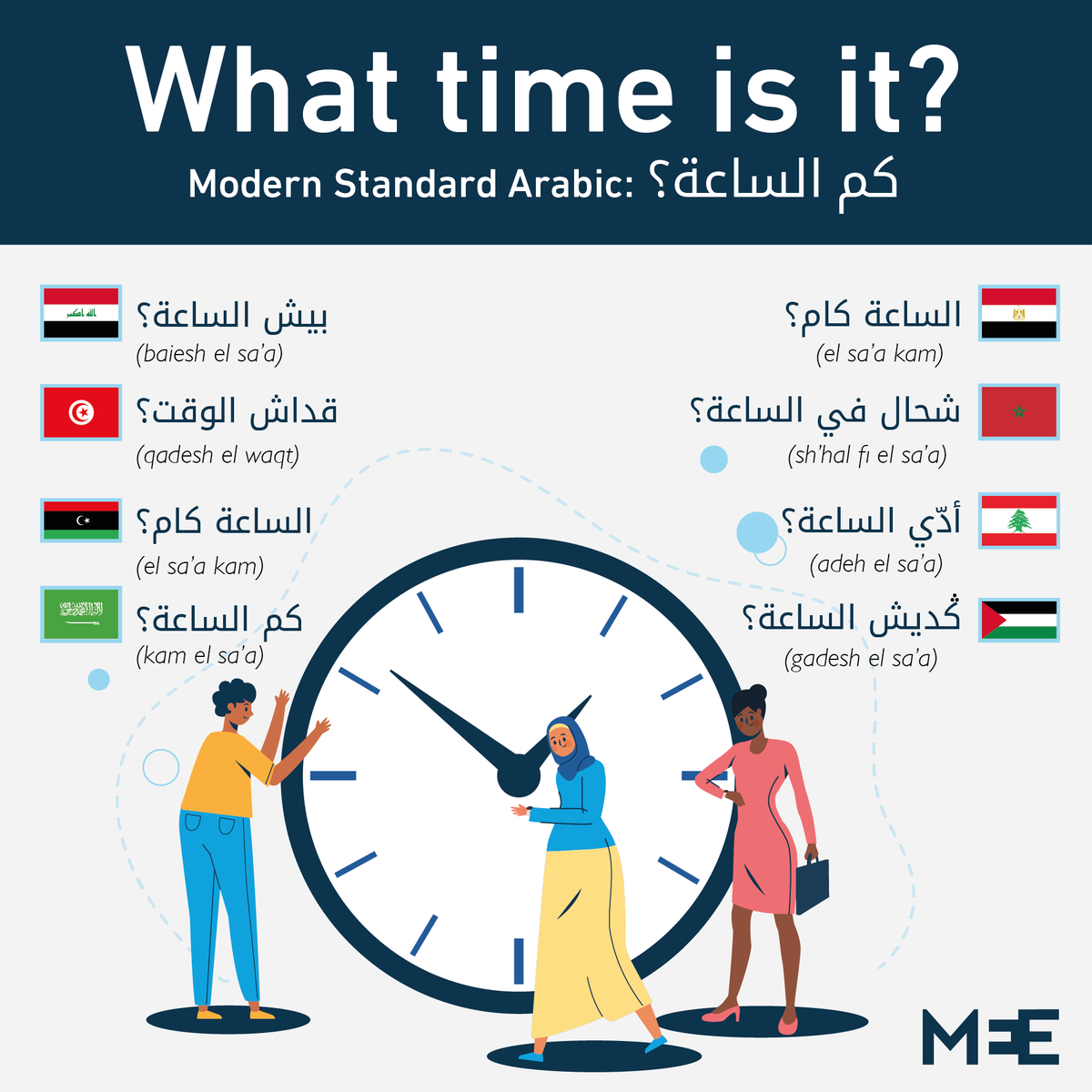
4. It Only Has 28 Letters
Unlike the Mandarin or Korean languages, which are composed of thousands of characters, the Arabic alphabet consists of just 28 letters, all of which are based on consonants rather than vowels, which makes pronunciation much easier when reading out loud from written text.
Even though the Arabic alphabet is relatively larger compared to the 26 letters in the Latin alphabet. This allows for a much larger range of sounds that can be represented in the Arabic language. Furthermore, some of the letters in the Arabic script have alternative shapes depending on their position in the word. This allows for a much richer language to be used when speaking Arabic.
5. Easy to practice

Given the very enormous number of native Arabic speakers—more than 422 million worldwide, you can easily find a native Arabic speaker who is willing to practice speaking Arabic with you. One of the best options for you to do so is to join an online language exchange platform. These typically involve pairing up with a native Arabic speaker and taking turns speaking in Arabic and other languages. As you talk, your partner can provide feedback and corrections as needed.
Additionally, many language exchange platforms have built-in tools to help you practice things like grammar, vocabulary, and pronunciation.
You can also consider attending Arabic language classes organized by many colleges and universities in your country. that can provide you with an excellent opportunity to practice with Arabic speakers.
Speak Arabic Fluently with IH Cairo Arabic Courses!
Arabic is the sixth most spoken language in the world with 420 million people around the world speaking the language.
6. Fewer Grammar Rules
Learning a foreign language can be quite intimidating, especially if you’re not familiar with the grammar. Arabic is no exception; however, its unique structure makes it an easy language to learn compared to other languages such as French, German, and English.
Unlike Germanic languages, for example, which rely heavily on verb conjugation for sentence construction, Arabic relies more on word order than anything else. This means that once you have mastered the basics of nouns and verbs in their singular forms (which are relatively simple), you will find it easier to build sentences without having to worry about complex verb conjugations or gender rules that exist in other languages.
7. Easier Vocabulary
Unlike English, which can be filled with long words derived from Latin roots, most Arabic words are short and simple, making them easier for learners who may struggle with longer terms in English or other European tongues. Additionally, there aren’t a lot of gender-based words, so you don’t have to worry about remembering masculine or feminine nouns as you do in French!
Another great aspect of learning Arabic vocabulary is that it doesn’t require as much memorization as some other languages do since Arabic is an agglutinative language—words are formed by adding suffixes and prefixes to a root word. Most Arabic words are created from three-letter roots, which are combined with prefixes or suffixes to create new terms related to those roots—this means once you learn one word’s meaning, you can easily figure out what others mean too!
All things considered, we can see why so many people choose Arabic over other options: Its alphabet structure simplifies reading and writing, while grammatical rules make understanding sentence structures simpler, its versatility lets learners communicate effectively regardless of context or location, and simple vocabulary—proving yet again that this ancient tongue remains popular today thanks largely to its ease of accessibility for beginners and experts alike.
As you can see, Arabic is an easy language to learn. So don’t let preconceived notions about this ancient tongue deter you; give yourself a chance by diving into the fascinating world of Arab culture today–we guarantee you won’t regret it!
Frequently Asked Questions (FAQs)
The hardest language to learn is subjective and depends on several factors, such as an individual’s native language and their prior language learning experiences. However, some languages are considered to be more difficult due to factors such as their complex grammar rules, tonal nature, and differences from the learner’s native language. Some examples of such difficult languages are Mandarin Chinese, Korean and Japanese.
Yes. With enough practice and dedication, you can even learn Arabic in just 3 months. It’s important to remember that performance and progress are subjective and vary from person to person. For example, if you are an English speaker, learning Arabic would be much easier than if you were a Chinese speaker.
No. While many people find Arabic a bit challenging, tricky, and far more complicated than the English language. Arabic grammar is actually simpler than many other languages, which makes it easier to learn and memorize. With enough practice and exposure, many learners are able to master the basics and become proficient in the language.
Language difficulty depends on various factors, such as an individual’s native language and their language learning goals. Arabic and English have different grammar structures, writing systems, and pronunciations that may present unique challenges to different individuals. It’s not possible to say whether one language is harder than the other, as both can be challenging in different ways.
While both languages can be challenging for English speakers, Mandarin is generally seen as being more difficult. This is due to the fact that there are thousands of Chinese characters, while Arabic only includes 28 letters in its alphabet. Mandarin also has four tones that must be used when speaking, while Arabic does not.
Improve your Arabic faster with IH Cairo!
We provide well-designed materials and qualified teachers who can simplify the language for you to make visible progress in a short time.



